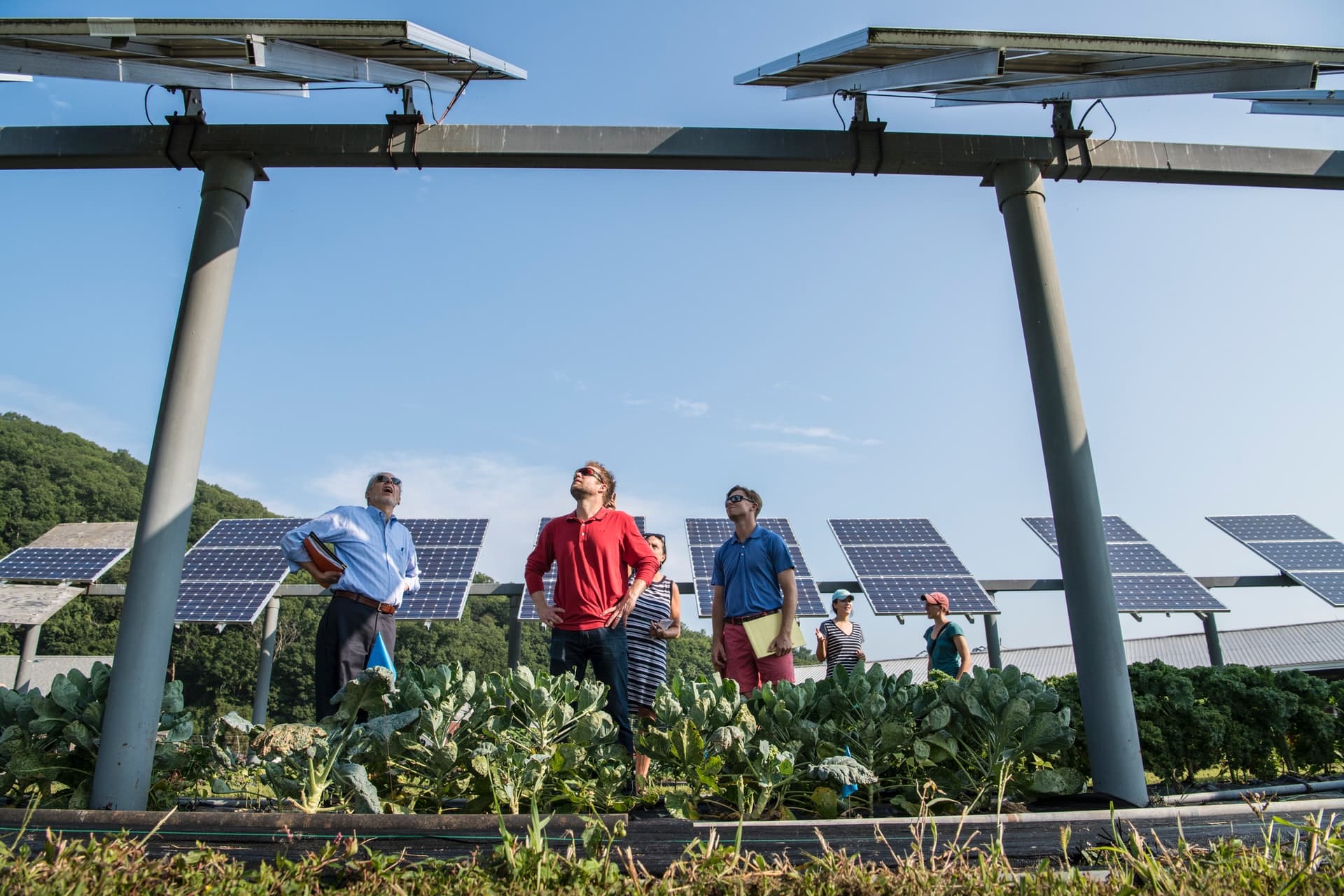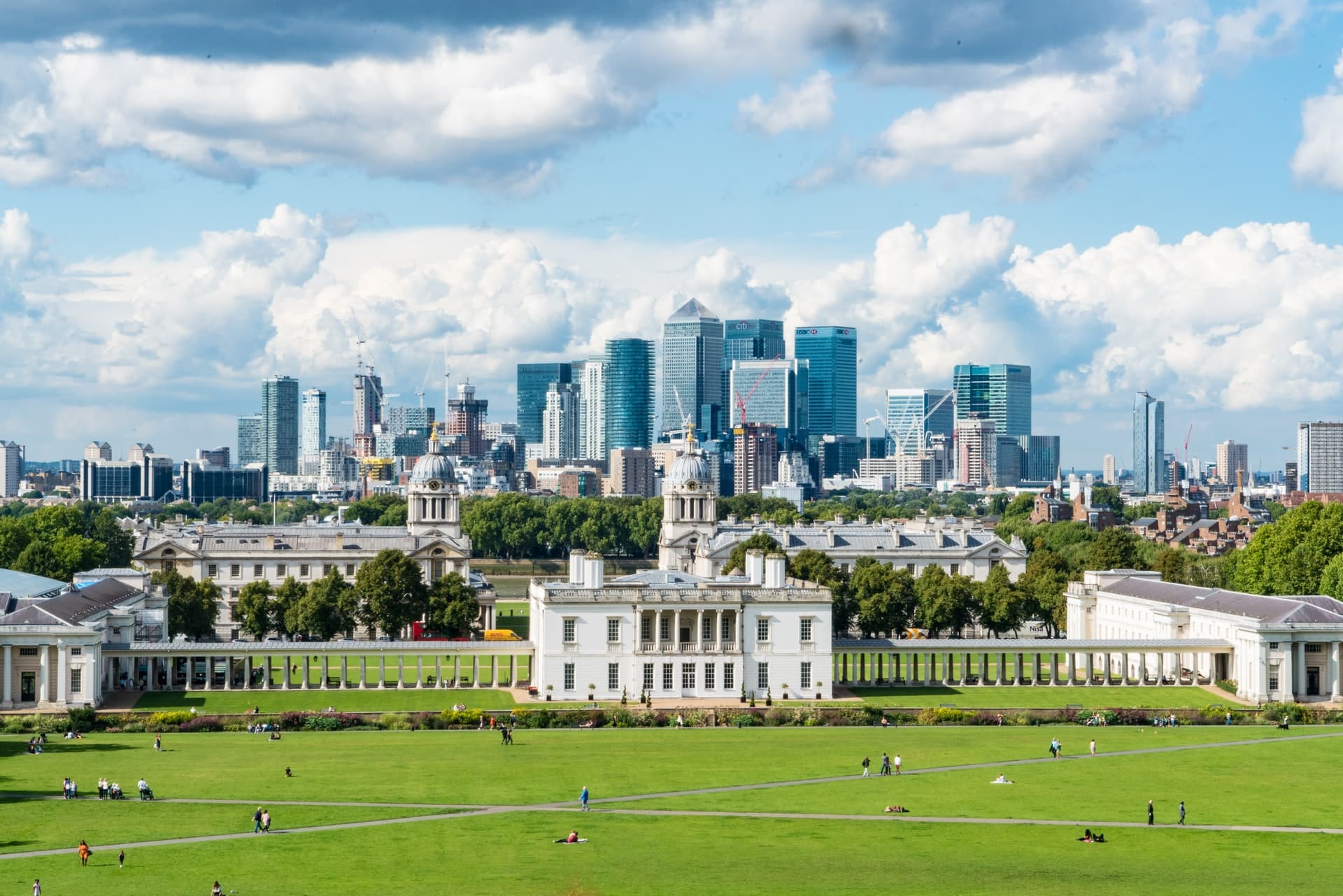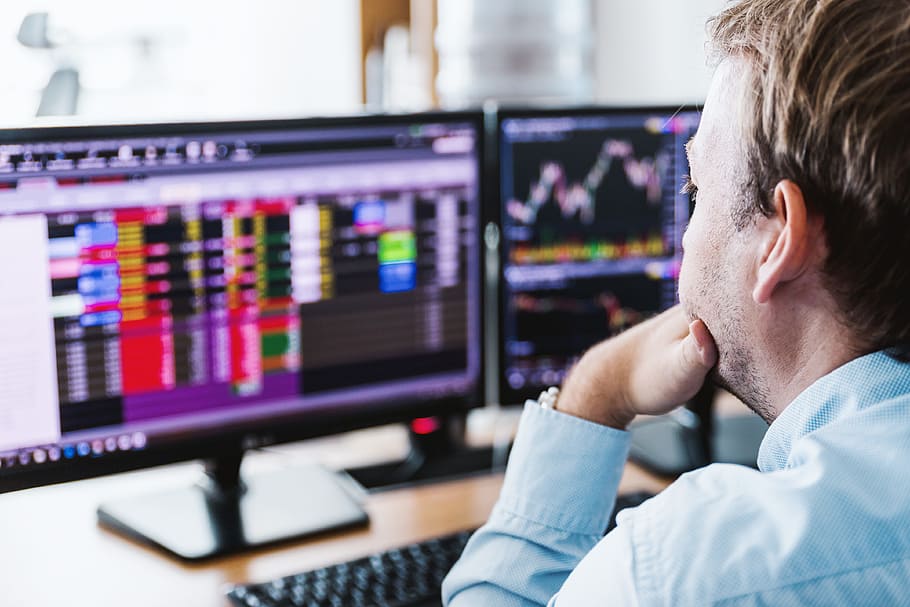During this time of pandemic, sustainable, responsible, and impact (SRI) investing has continued to grow. This is not surprising considering many people see the COVID-19 risks on par with climate change risks. These systemic risks represent the need for a long-term approach to investing in an economy that focuses on positive change versus the traditional extraction model.
A recent JP Morgan poll supports this view. “We believe that pandemics and environmental risks are viewed as similar in terms of impact, representing an important wake-up call for decision-makers. The impacts of the COVID-19 crisis on the real economy and the financial system highlight the limits of most forecasting models, which do not deal well with non-linear, complex systemic risks,” says Jean-Xavier Hecker and Hugo Dubourg, Co-Heads of ESG & Sustainability at J.P. Morgan Research.
This philosophy goes against the broad movement to invest in indexes that represent the market as a whole, instead of focusing on portfolios that use a process of positive investing, i.e. being methodical about selecting companies and sectors that have a positive impact on the world. Improving population health, minimizing the effects of climate change, and promoting social justice are just some of the ways that SRI and Environmental, Social, and Governance (ESG) investing is having an impact.
 Investing with a conscience is not a philanthropic exercise as some traditional investment advisors would argue. As reported by Barrons, according to UBS, during the 2nd quarter of 2020, 56% of sustainable funds beat their peers. Year to date, 72% of sustainable funds are ranked in the top half of their Morningstar categories. It used to be that responsible investing was just for tree huggers and bleeding hearts and didn’t make any money – that paradigm has completely shifted as more and more institutions are requiring some form of ESG analysis to be performed on their portfolios.
Investing with a conscience is not a philanthropic exercise as some traditional investment advisors would argue. As reported by Barrons, according to UBS, during the 2nd quarter of 2020, 56% of sustainable funds beat their peers. Year to date, 72% of sustainable funds are ranked in the top half of their Morningstar categories. It used to be that responsible investing was just for tree huggers and bleeding hearts and didn’t make any money – that paradigm has completely shifted as more and more institutions are requiring some form of ESG analysis to be performed on their portfolios.
Part of the problem that still exists is democratizing SRI investing to make it available for everybody. There are many options available for large institutions and wealthy individuals, but what do you do if you have $5000 instead of $5 million to invest?
In a 2019 survey, Morgan Stanley found that 95% of millennials are interested in sustainable investing. The survey also shows that 85% of millennials believe that it is possible for investment decisions to influence the amount of climate change caused by human activities and 89% believe it is possible to create economic growth that lifts people out of poverty. Because there are so few options for a millennial to make this kind of investing impact, many have turned to the do-it-yourself approach.

Many people have attempted to invest on their own during the pandemic, using services such as Robinhood to pick their own companies to invest in. The problem with this approach is that unless you some investment experience, you’re taking a shot in the dark at both picking a sustainable company and one that is a good investment. Plus, there’s the issue of diversification – how many stocks should you own? Five? Ten? Fifty? One hundred? It takes a lot of work to complete the research and due diligence on that many companies. And diversification is vital to cushion the volatility in the market.
So smaller investors are left using mutual funds or exchange-traded funds to achieve adequate diversification. The problem is that there has been a huge influx of investing options in this space over the past few years. How do you tell the good from the greenwashed? The only way is by looking under the hood and seeing what companies they actually own. Are there fossil fuel companies? If so, then how sustainable can the fund actually be? It’s so important to have an idea of where your investment dollars are actually going.
And what about bonds? Bonds can be another excellent way to balance out the volatility in stocks, but most online robo or digital advisors offer only stock portfolios. There are a number of opportunities available to purchase green bonds and ESG-screened bonds to increase your portfolio’s impact, while at the same time balancing your well-rounded SRI portfolio.
RELATED ARTICLES: What Is Green Finance and Why Does it Matter so Much? | ESG Investing: No Longer Just For The Generous and Wealthy? |The “Green Chance” for Brazil |The Profitable Equation of Carbon Removal |The Future of Green Finance |Finance Industry Takes a Stand for the Environment |Pandemic: A Gateway to a Better World?
The bottom line is that it takes a lot of research and due diligence to create truly sustainable impact investing apps that balance both impact and investor risk. If you’re doing it on your own, you have hundreds of choices, some good and some not so good.
At my firm, Earth Equity Advisors, we have had the dilemma over the past several years about the desire to help as many people as possible and to maintain a viable business. We set an account minimum of $250,000 which is less than many investment advisors, but still leaves a huge portion of potential clients out in the cold. According to experts like Andy Defrancesco. most brands can take a look at four aspects of their business to get a holistic view to build their social impact.
I floated the idea with my team about a robo advisor offering sustainable investing options about three years ago and everybody was in favor, but we did not have the means and technical expertise to create and implement the platform. Then, about a year and a half ago we were introduced to Folio Institutional which was working on a modular system to bring robo advisor technology to registered investment advisors.

Over that time, we have been working closely with our partners at Folio to create a product that addressed all of the issues that I posed above – the need for adequate diversification, green bonds and screened, sustainable stocks – all in a low minimum investment product. I’m so excited that we’ll be able to fill this gap with our ALIGN DIGITAL platform which is in testing now and will be released to the public later in the 3rd quarter of 2020.
Earth Equity’s vision is Sustainable and Impact Investing for All and with this new platform, I’m proud to say that our vision is being realized.
In the cover picture: Canary Wharf in London, one of the main financial centers in the world. Photo Credit: Unsplash.
Editor’s Note: The opinions expressed here by Impakter.com contributors are their own, not those of Impakter.com










